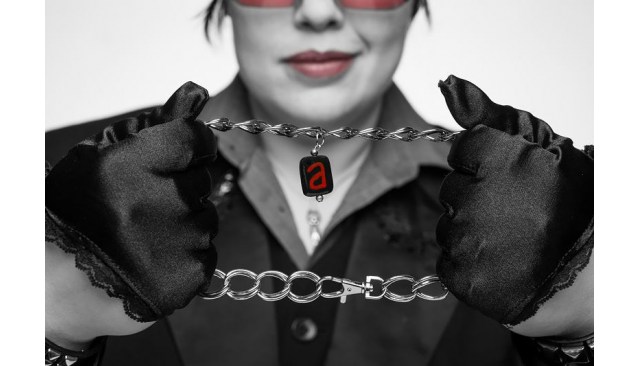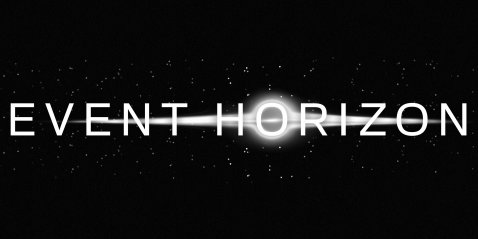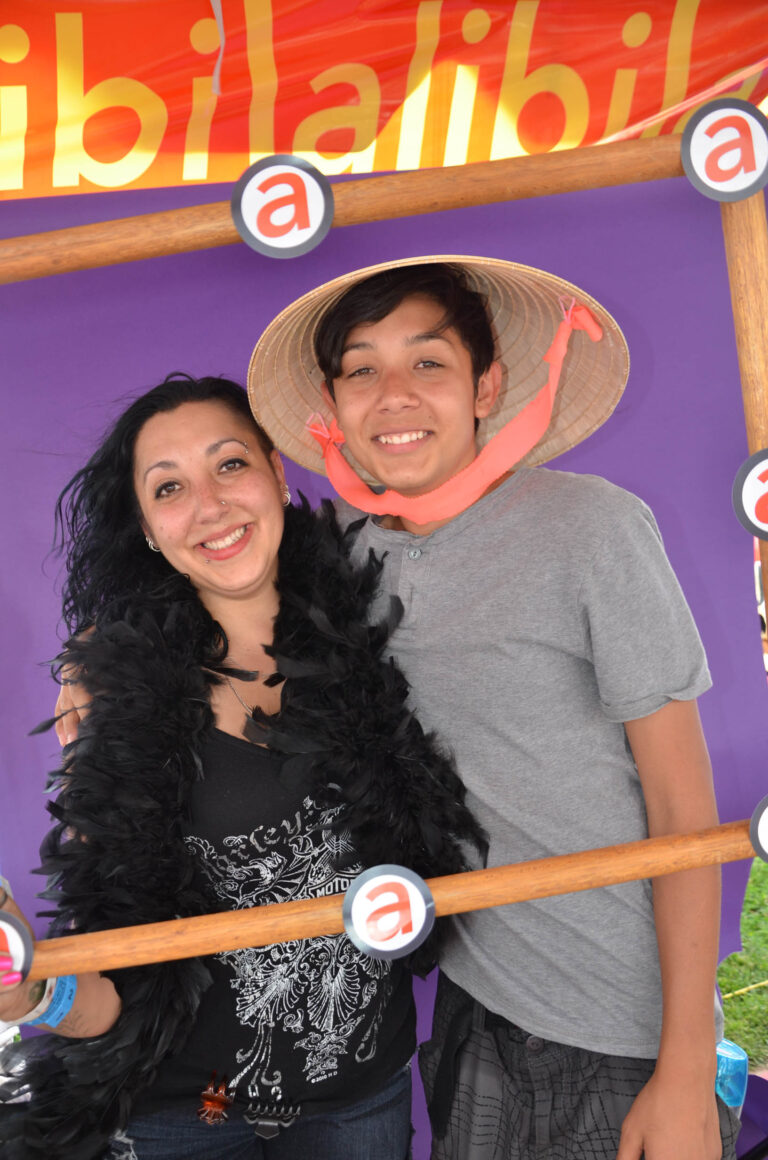Latest Article|September 3, 2020|Free
::Making Grown Men Cry Since 1992
4 min read
There is no indignation like that of a Catalan. Yesterday, I brought my mother to Yale Park. At 71, having grown up under the fist of Gen. Francisco Franco, she knows what a totalitarian regime feels like. For the last several weeks, supporters of (Un)occupy Albuquerque have been gathering at the park, situated on the grounds of the University of New Mexico, for general assemblies. They took out a permit, as the university requested, that allowed them to be on the grounds during business hours—7 a.m. to 10 p.m. On Monday, supporters were informed that the university, citing safety issues, would not be renewing the permit. My mother and I arrived at the park on Wednesday at 6 p.m. to take part in the general assembly. Since the meeting was called well in advance of the park’s closing, no one was concerned about the police. However, the meeting never had a chance to get started. A Lt. Peck approached the group, backed by a squad of university police subordinates, and informed everyone that the university had opted, as of that afternoon, to make the grounds of Yale Park off-limits. I was incredulous. "That’s impossible," I shouted. "That’s unconstitutional! This is a public space. We have the right to free assembly!" But even my indignation, which was a fury, was no match for my mother’s. She came to my side just a few feet from the mustached gendarme and became apoplectic. "What is it?" the police lieutenant said, addressing her directly. In her state of indignation, all that she could summon, all she could manage was: "What is it, you!"In her heavily accented English, this sounded a little crazy, but I knew what she was saying. I knew that indignation had tied her tongue so completely that she could not speak, could not think. As the police moved against the small group assembled in the park, my mother stood her ground. "I am not leaving!" she said. "I have a right to be here!" The police ignored her, moving past both of us but pushing the other members of the small group towards the sidewalk. We remained there for a few more minutes, standing, as people chanted "Shame! Shame! Shame!" The police arrested one young man who did not vacate the park. Then officers remained with their backs to us, as though we did not exist. After a few minutes, seeing that the general assembly was now taking place across the street, my mother and I left the park but not before approaching the police lieutenant who rousted us. "I served in Iraq. I was given the bronze star," I said. I wanted his full attention before continuing. "And your actions today make me ashamed to be an American." His companion turned to me, saying nothing, a slight smile on his face. "Alex Limkin! You hear me! You make me ashamed to be American!" My mother, having had a few minutes to calm herself, contributed: "I know you are just following orders, but you are wrong. This is a public park. You should be ashamed!" And she was right, my mother, the brave Catalan who stood her ground and would not be bullied. I was still trembling when we got to the car. Alex Escué Limkin served in the U.S. Army for 15 years, including a tour in Iraq from 2004 to 2005. He penned a previous column about his duty as a soldier to stand in solidarity with the Occupy Wall Street movement.



